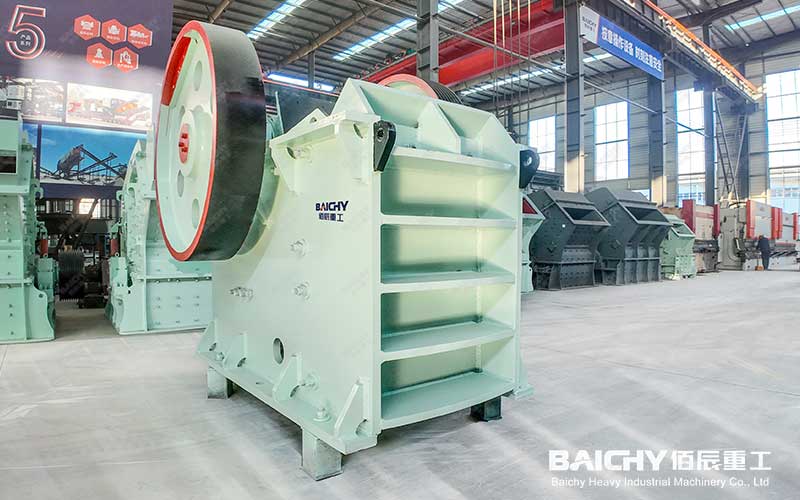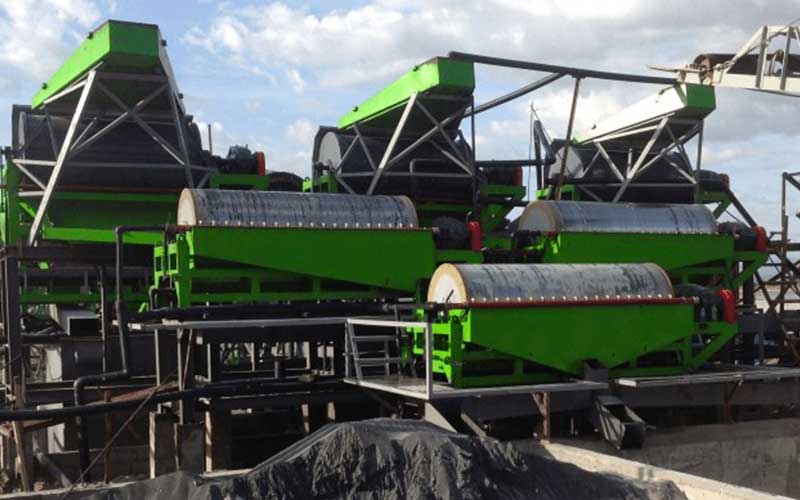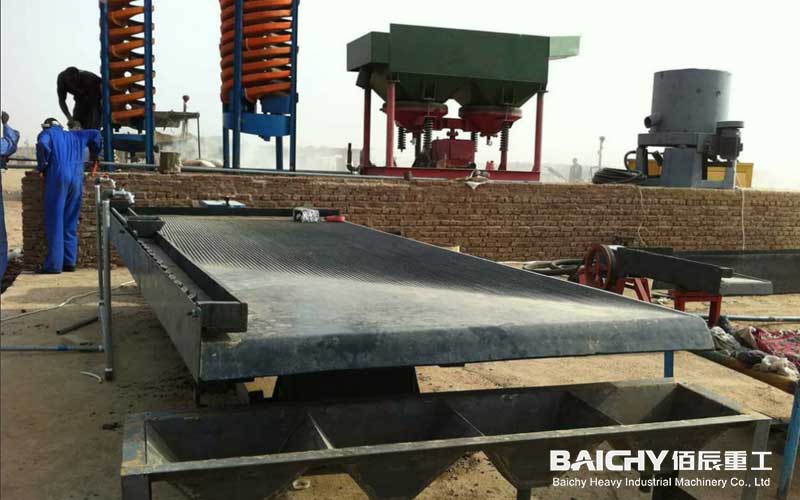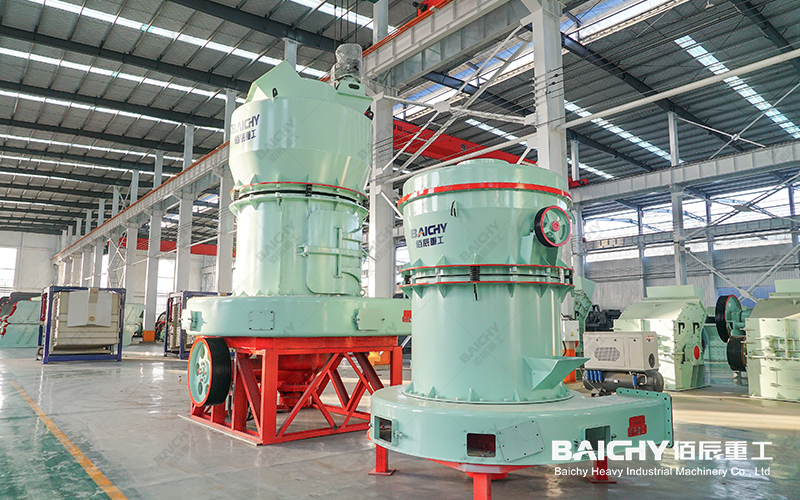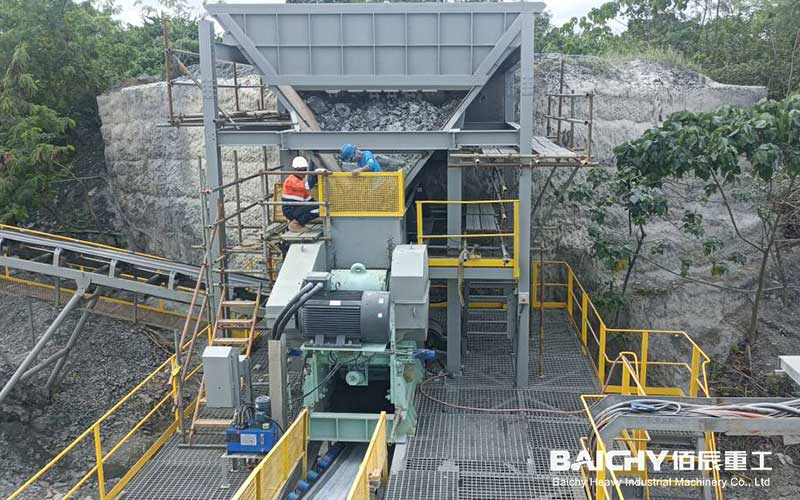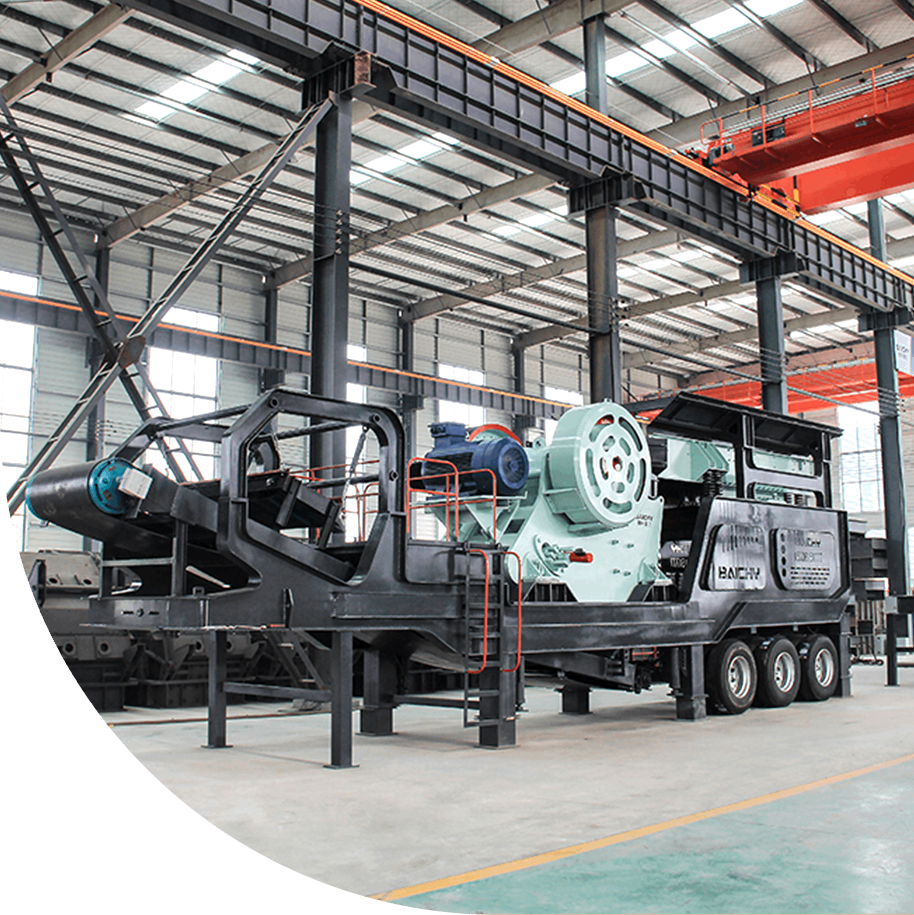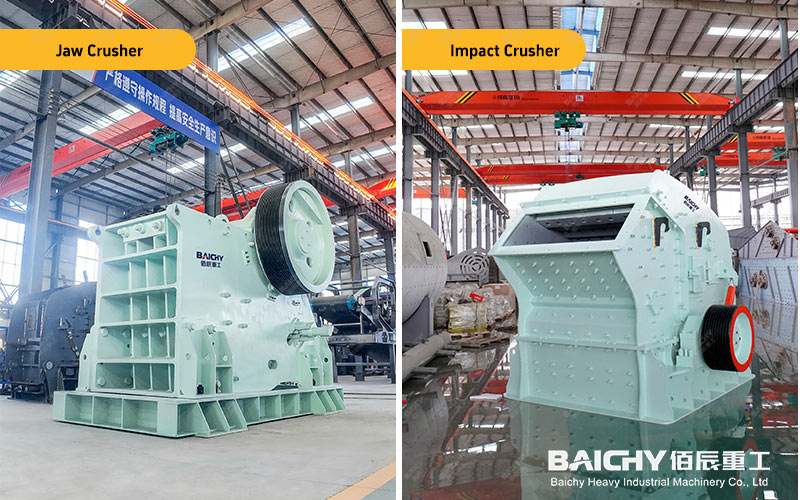
Jaw Crusher vs Impact Crusher: Core Differences and Selection Guide
In the fields of sand and gravel aggregate production, mining crushing, etc., jaw crusher and impact crusher are two common crushing equipment, but their working principles, applicable scenarios and finished product effects are significantly different. This article will compare the differences between the two in detail to help you choose the most suitable crusher according to project requirements.
Core difference comparison
| Comparison items | Jaw crusher | Impact crusher |
| Working principle | Material is crushed by moving jaw and static jaw | High-speed rotor impact + impact plate collision |
| Applicable materials | High hardness (granite, basalt, etc.) | Medium and low hardness (limestone, concrete, etc.) |
| Compressive strength | ≤320MPa | ≤350MPa (avoid sticky wet materials) |
| Crushing ratio | 3-5 (coarse crushing, medium crushing) | 10-15 (medium crushing, fine crushing) |
| Discharge particle size | Coarser (adjustable jaw plate spacing) | Finer (adjustable impact plate spacing) |
| Finished product particle shape | Multi-angle, more needle-like | Good particle shape, mostly cubic |
| Energy consumption | Higher (energy consumption during extrusion) | Lower (impact crushing is more efficient) |
| Maintenance cost | Simple structure, low maintenance cost | Plate hammer and impact plate wear quickly and are frequently replaced |
How to choose? Jaw crusher or impact crusher?
1. Cases where jaw crusher is preferred
✔ Material hardness is high (such as granite, iron ore)
✔ Requires coarse or medium crushing (large feed, low discharge requirements)
✔ Limited budget, low maintenance cost
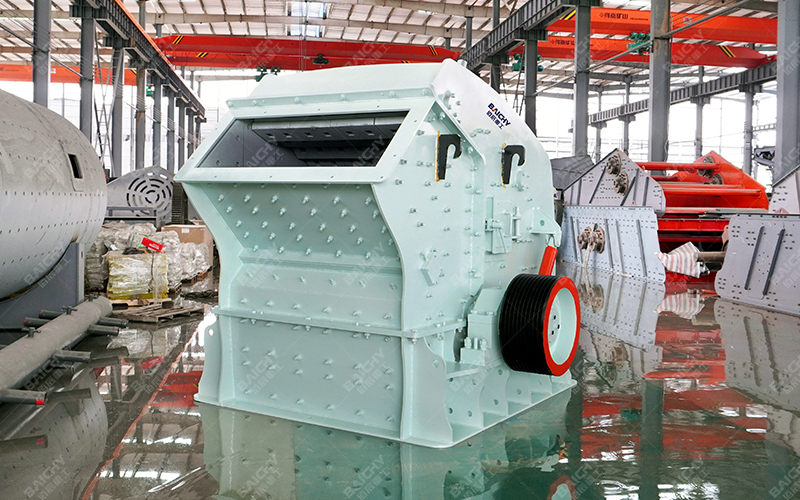
2. Cases where impact crusher is preferred
✔ Material hardness is medium or low (such as limestone, coal gangue)
✔ Requires fine crushing, high requirements for finished product particle shape (such as machine-made sand, high-quality aggregate)
✔ High energy-saving requirements, high maintenance cost allowed
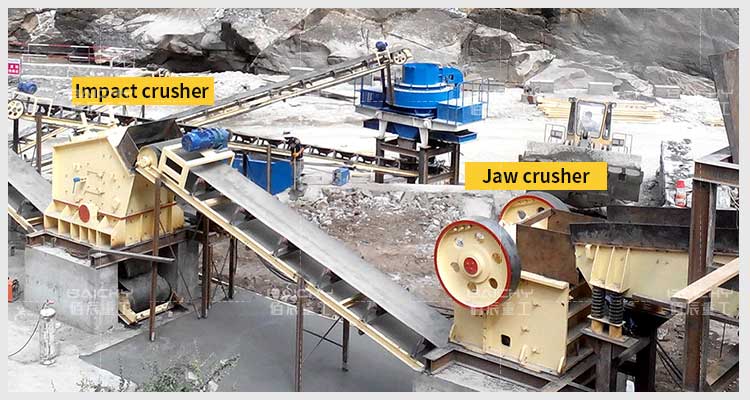
Frequently Asked Questions (FAQ)
Q1: Should a small stone plant use a jaw crusher or an impact crusher?
If the raw material is harder (such as granite), a jaw crusher + cone crusher combination is recommended;
If the raw material is softer (such as limestone), a single impact crusher or a jaw crusher + impact crusher combination is more suitable.
Q2: Can an impact crusher replace a jaw crusher?
It cannot be completely replaced! Jaw crusher is suitable for coarse crushing, and impact crusher is suitable for medium and fine crushing. Usually, the production line adopts "jaw crusher + impact crusher" joint operation.
Q3: Which crusher is more durable?
The jaw plate of the jaw crusher has a longer life, while the hammer of the impact crusher wears faster, but the specific life depends on the hardness of the material and maintenance.
• Jaw crusher: suitable for coarse crushing of high-hardness materials, simple structure and easy maintenance.
• Impact crusher: suitable for fine crushing of medium and low hardness materials, with excellent finished product particle shape, but high maintenance cost.
Best solution: Comprehensively select according to material characteristics, discharge requirements and budget, and use multi-stage crushing (jaw crusher + impact crusher) if necessary to improve efficiency.
Further reading:
Detailed Explanation Of The Working Principle Of Jaw Crusher


